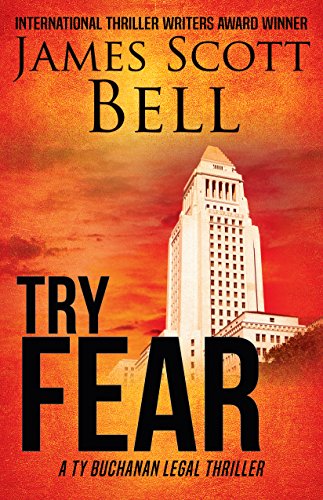
Steve Conroy’s world went to pieces 25 years ago, when he was five. A man broke into his home and kidnapped his older brother. Believing the kidnapper’s threats, Steve didn’t alert anyone until morning. Some time later, his brother’s body was found in the ashes of a burned house, along with that of the kidnapper. Since then he’s lived with the guilty knowledge that he might have saved his brother if he’d called for help sooner.
He married, went to law school, and took a job with the district attorney’s office. But he developed a cocaine habit and lost everything. As James Scott Bell’s Long Lost begins, he’s trying to set up a practice on his own, living in an apartment in a sketchy neighborhood, threatened with eviction from his office. It looks as if he’s about to crash and burn again.
Then he has a remarkable day. First, an attractive young female law student shows up on his doorstep, eager to be his assistant. And a soon-to-released prisoner wants to retain him as his counsel, offering a large cash advance on his fees. Even better, the new client seems to be a genuinely positive guy, keen to turn his life around.
How is he to know that he’s soon to be targeted for murder, arrested, and faced with revelations that will re-write his own past and destroy – or resurrect – all his dreams?
I like James Scott Bell very much. He does a superior job of something I aspire to in my own books (with what success it’s not for me to say), writing Christian stories for a secular audience. Long Lost is actually a re-issue (only slightly edited) of one of his earlier books. This is visible in a somewhat less practiced hand in the writing. The Christian content is more awkward than in his later work, it seems to me. On the other hand, his greatest strength as an author – strong plotting – is very much apparent, and there are some really neat surprises along the way.
Recommended.










